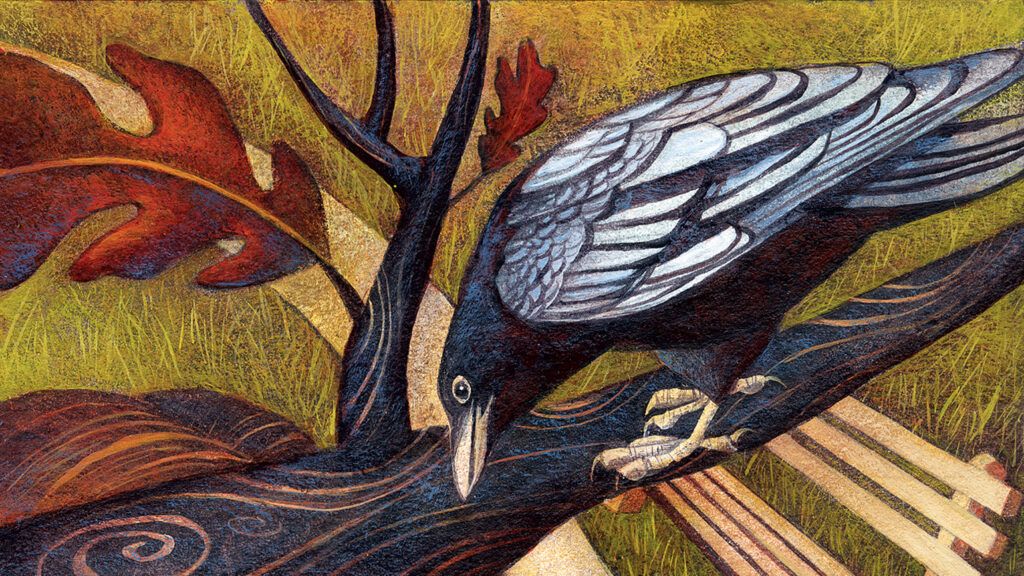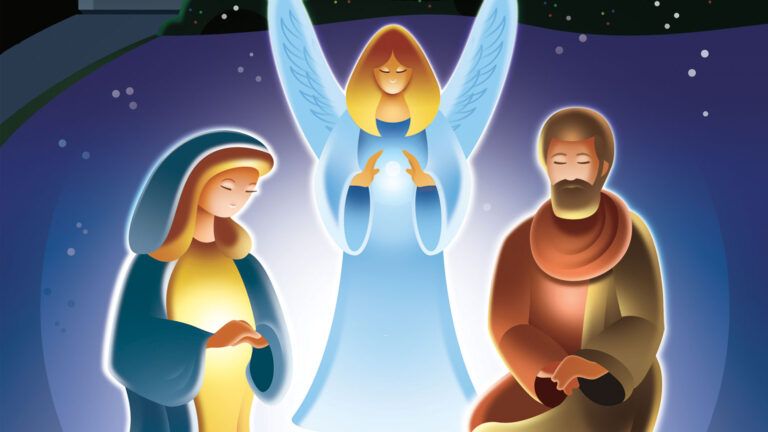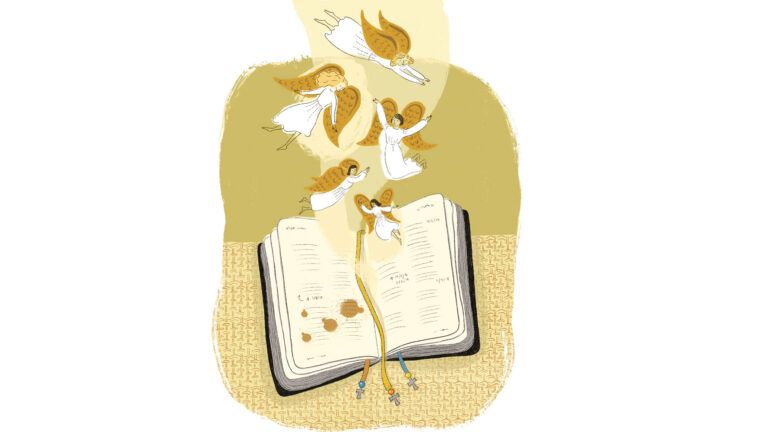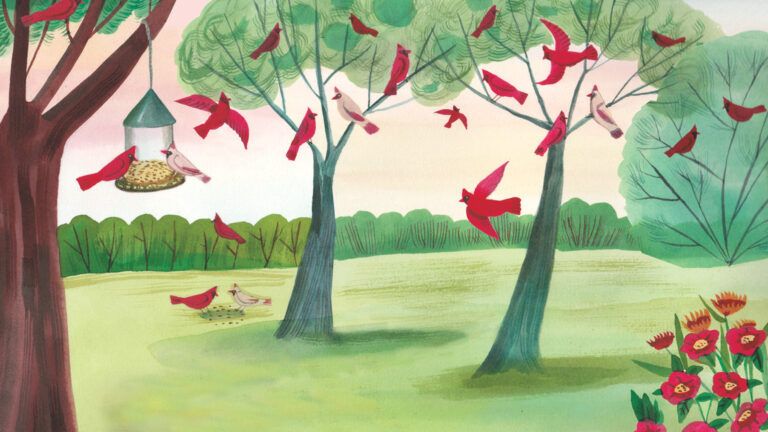“Ugh, a dead bird.” Sitting on the front steps of my home, I pulled the laces tight on my walking shoes, then gestured toward a carcass in the driveway. The bird’s black feathers glistened, iridescent in the sunshine.
“It’s just a crow.” My husband, Dave, touched it with the toe of his shoe while waiting for me to join him on a walk around the neighborhood. It was a bright May morning and the new leaves on the maple tree in the driveway trembled in a gentle breeze. Spring was well established in the Pacific Northwest, and normally I would have felt expectant, knowing God had good things in store—no matter what my immediate challenges. Instead, a feeling of dread threatened to smother me, along with the last shred of my faith.
“I’ll deal with the bird when we get back,” Dave said. “We need a walk.”
That was an understatement. Our life together was hanging by a thread. We were in financial straits, made dire by my ongoing treatments for ovarian cancer, treatments our insurance didn’t cover and that left me working temp jobs in accounting while my ambition to become a certified public accountant was put on hold. Some days it was a chore to function, and my marriage suffered under the stress of it all.
As Dave and I walked in silence I tried to dredge up the gratitude I knew I should feel just to be alive. Even if a crow lay dead in the middle of my driveway like a bad omen. For some reason I couldn’t shake the image from my mind.
When we returned from our walk, the carcass had mysteriously disappeared, not a feather in sight. “At least that’s taken care of,” Dave said, and went inside to shower.
I sat down at the kitchen table with my laptop and punched “crow sightings” into Google. Scrolling through pages of information, I discovered that various cultures believed various things about the birds, and much was left to personal interpretation.
“Seeing a crow is a reminder that where there is dark, there is also light,” one article suggested. That was certainly true of the crow in the driveway, its feathers a deep purple black that revealed gemstone colors in the bright sunlight. I reread the line, reminded of the darkness in my own life. God, I desperately need to find your light again, I prayed. I needed the comfort that came from knowing he was there for me no matter what.
In the coming weeks I felt his presence less and less. But crows were a different story. I noticed them everywhere—flying low over my windshield on the freeway, chattering in the trees when I walked by, clustering in my backyard. Like they were following me. For my current temp job, I rode the bus into downtown Seattle and walked 15 minutes to the office. I enjoyed the wind on my face and the birds overhead. Even if they were mostly crows.
One day a neighbor walked by while I stood on the front lawn, mesmerized by yet another crow visitor. “Did you know that crows are so intelligent they recognize human faces?” my neighbor said. “A study was done at the University of Washington. I read about it in The New York Times.”
“What an amazing creature,” I said, and just then remembered a story I’d learned as a child, a Bible story involving some very crow-like birds. Elijah, a great Old Testament prophet, was hiding out in the wilderness, scared for his life. He would have died if God hadn’t sent ravens to feed him daily. It struck me, even as a girl, that in this instance God had chosen the black-feathered bird as his angelic messenger. Not a dove, but a raven. It had made a lasting impression.
That night in bed, I reread the story. I closed my Bible and stared up at the ceiling while Dave slept beside me. Was God trying to tell me something with all these black-feathered crows? They always seemed near. Though I would never have dared to tell anyone, as spring turned to summer I had begun to believe they recognized me. The more depressed I felt, the more crows clustered into my environment. Just watching them glide on a breezy current, or at rest on a city bench, gave me an odd relief. The crows never lacked anything, even though a major city was far from their natural habitat.
One fall morning after Dave and I had said a chilly goodbye, I stopped under a stand of oak trees on my way in to work. God, where are you? I shouted in my mind.
I was sick of short-term jobs that barely paid the bills, sick of cancer treatments even if they were working, sick of worrying about my marriage, of grasping for hope that things would ever get better.
Dry leaves crackled underfoot as downtown traffic maintained a steady din in the background. A rustle overhead grabbed my attention and a chunk of bread dropped directly in front of me. I looked up into the tangled tree branches. The dark, intelligent eyes of a crow peered back at me. I stared down at what looked like a piece of bagel. To feed me? Like Elijah…
The crow cawed, then flew off. I almost waved at the feathered friend who had restored my faith. I walked on to my job, a temporary job until I found something full-time and could continue to strive for my CPA. Meanwhile I would take long walks with my husband, believing God had good things in store, for my marriage and my health and even my finances. It was time for me to trust in the hand of God, the one whose provisions come in unusual ways, whether that’s in the wilderness in biblical times or in downtown Seattle today.
Did you enjoy this story? Subscribe to Angels on Earth magazine.






